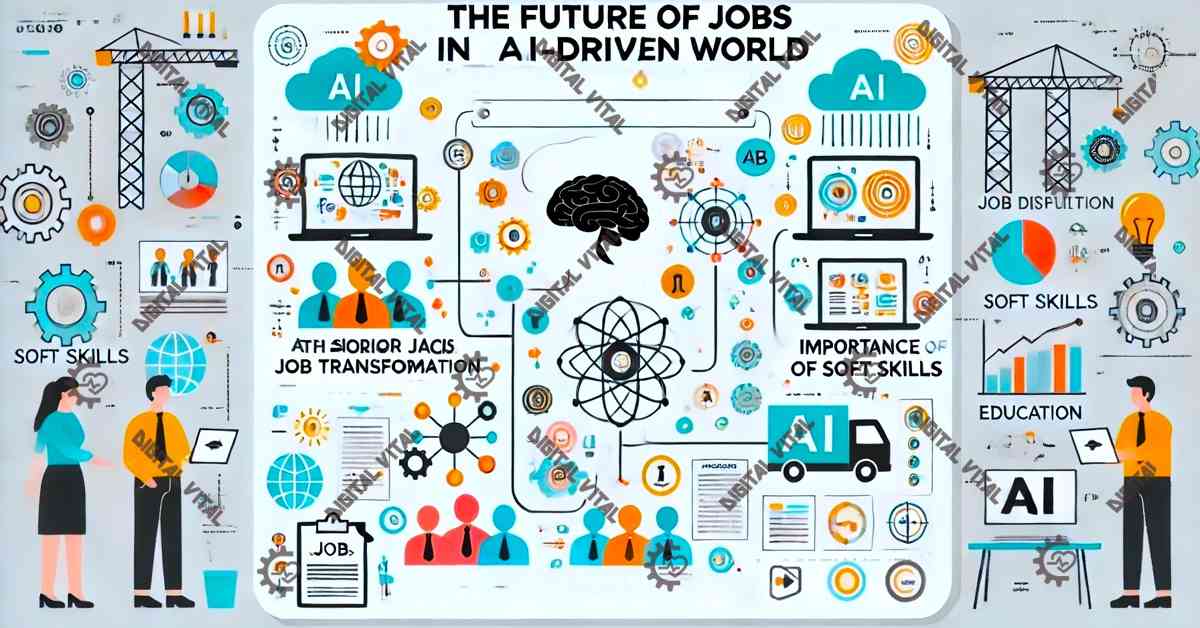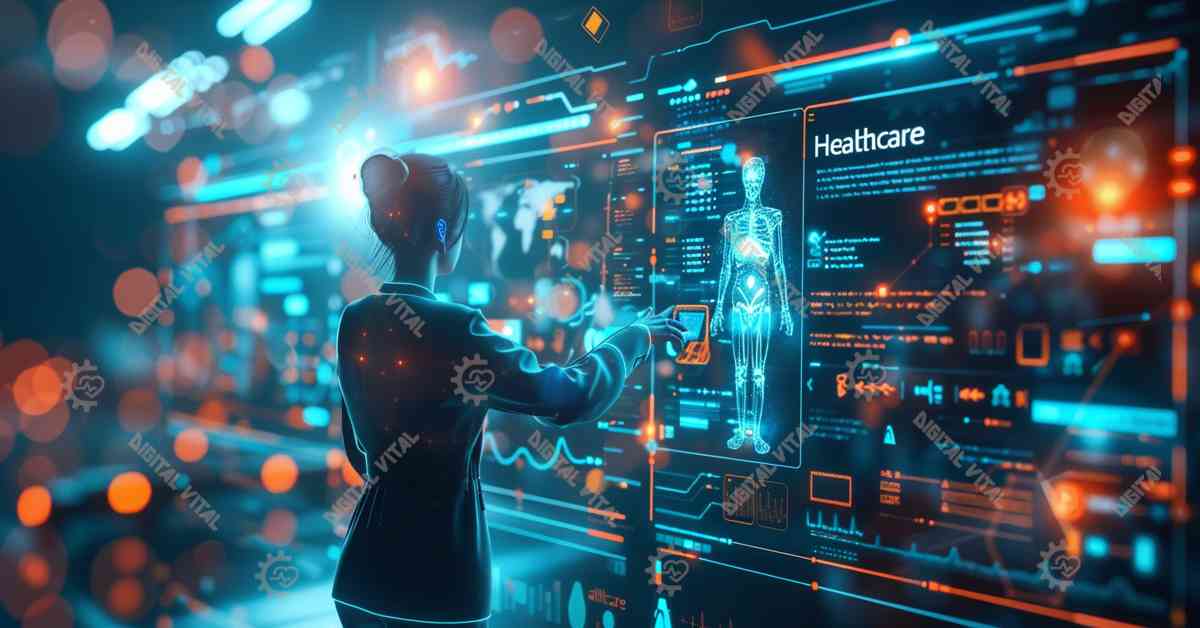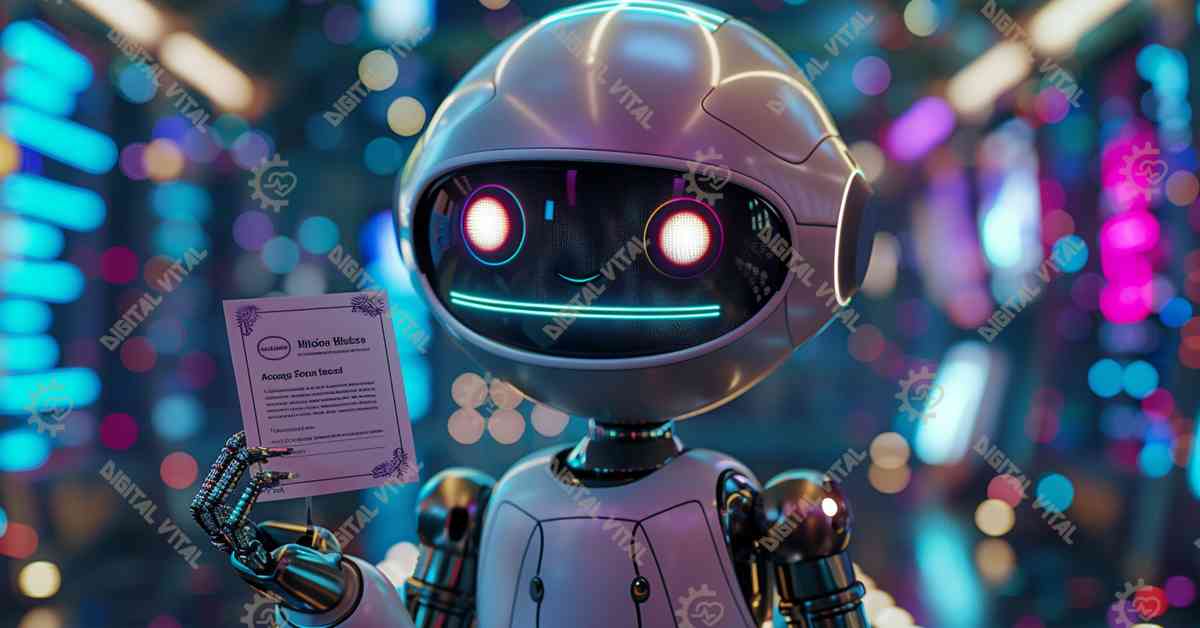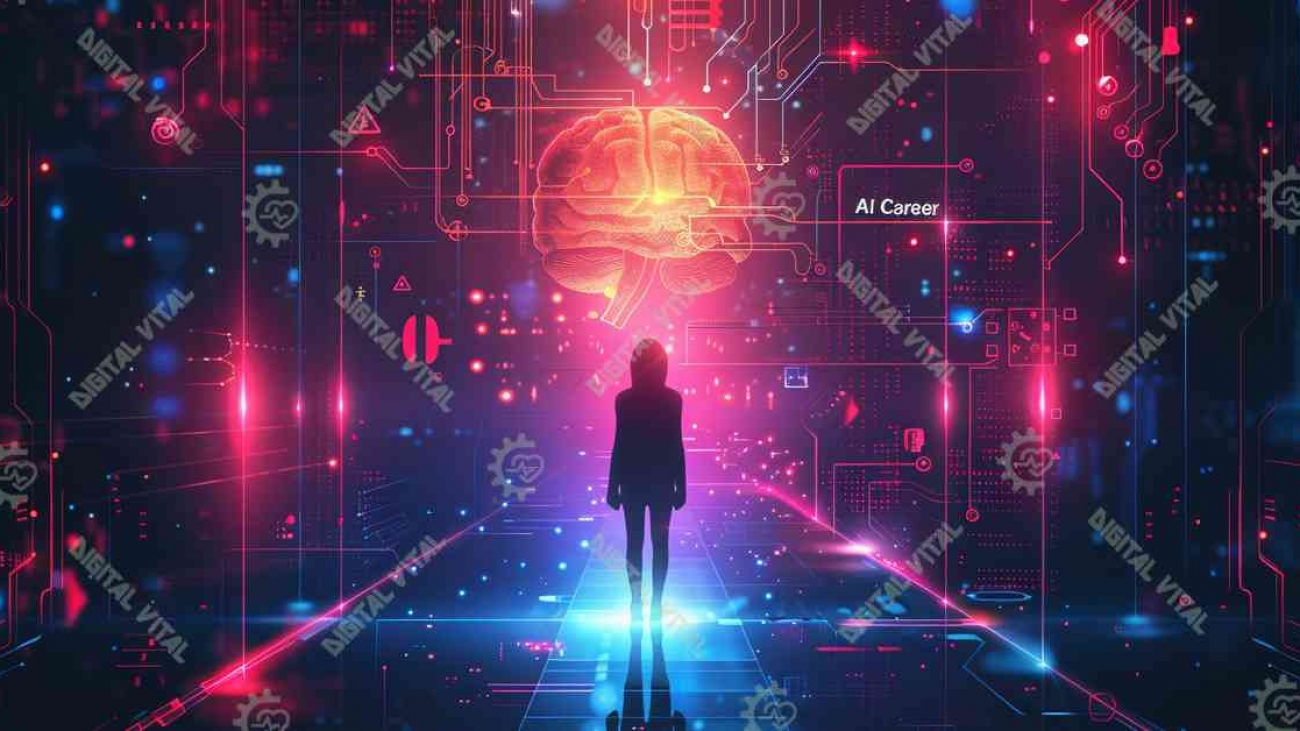The advent of Open AI has revolutionized the landscape of artificial intelligence (AI), presenting both opportunities and challenges for users across various sectors. As AI continues to evolve, its impact on jobs, the economy, and individual skill sets becomes increasingly significant. This article delves into the effects of Open AI on users, explores the future of jobs in an AI-driven world, and underscores the importance of mastering AI tools to stay relevant in the evolving job market.
Keywords: Open AI, AI tools, future of jobs, impact on users, AI in the workplace, AI skills, AI education, AI-driven economy, artificial intelligence
Table of Contents
The Impact of Open AI on Users
Open AI has developed some of the most advanced AI models available today, including the Generative Pre-trained Transformer (GPT) series. These models have far-reaching implications for how users interact with technology and access information.
Enhanced User Experiences
Open AI’s language models, such as GPT-3, have significantly improved the way users interact with digital interfaces. These models can understand and generate human-like text, enabling more natural and intuitive interactions with chatbots, virtual assistants, and other AI-driven applications. This advancement enhances user experiences by providing more accurate and contextually relevant responses.
For example, customer service chatbots powered by Open AI can handle a wide range of inquiries, from troubleshooting technical issues to processing orders, without the need for human intervention. This not only improves efficiency but also allows users to receive assistance at any time, enhancing overall satisfaction.
Accessibility and Inclusivity
AI technologies developed by Open AI have the potential to make digital content more accessible and inclusive. Language models can assist users with disabilities by providing real-time transcription services, translating text into different languages, and even generating audio descriptions for visual content. This democratizes access to information and services, ensuring that more people can benefit from technological advancements.
Moreover, Open AI’s tools can help bridge language barriers, enabling smoother communication between people who speak different languages. This has significant implications for global collaboration, education, and commerce, fostering a more interconnected and inclusive world.
Creative and Professional Applications
Open AI’s models are not just limited to customer service and accessibility; they are also being used in creative and professional fields. For instance, writers, journalists, and content creators use GPT-3 to generate ideas, draft articles, and even create entire pieces of content. This can significantly reduce the time and effort required for content creation, allowing professionals to focus on refining and perfecting their work.
In the legal and financial sectors, AI tools can assist with drafting contracts, analyzing large datasets, and generating reports, streamlining workflows and improving accuracy. The ability to automate routine tasks frees up professionals to concentrate on more complex and strategic aspects of their work.
Educational Benefits
Open AI’s tools are being integrated into educational platforms, enhancing learning experiences and making education more accessible. AI-driven tutors and teaching assistants can provide personalized learning experiences, adapting to individual student needs and helping them grasp complex concepts. This is particularly beneficial in large classrooms where individual attention from the teacher might be limited.
For example, AI-powered platforms can offer tailored exercises and feedback, helping students strengthen their understanding of subjects like mathematics, science, and languages. Additionally, these tools can assist teachers by automating administrative tasks, allowing them to focus more on instruction and student engagement.
The Future of Jobs in an AI-Driven World
As Open AI and other AI technologies continue to advance, the job market is undergoing a profound transformation. While AI has the potential to create new job opportunities, it also poses challenges for certain occupations. Understanding these dynamics is crucial for preparing for the future of work.

Job Displacement and Transformation
One of the primary concerns associated with AI is job displacement. Automation and AI-driven processes can replace routine and repetitive tasks, which are common in industries such as manufacturing, retail, and customer service. For example, automated checkout systems in retail stores and AI-powered customer service chatbots can reduce the need for human employees in these roles.
However, it’s important to note that AI also has the potential to transform existing jobs rather than eliminate them entirely. Many occupations will evolve to incorporate AI tools, requiring workers to develop new skills and adapt to changing job requirements. For instance, data analysts may need to learn how to work with AI-driven analytics tools, while marketing professionals might use AI to optimize campaigns and analyze consumer behavior.
Creation of New Job Opportunities
AI technologies, including those developed by Open AI, are creating new job opportunities in various fields. As AI becomes more integrated into different sectors, there is a growing demand for professionals with expertise in AI development, machine learning, and data science. These roles involve designing, developing, and maintaining AI systems, ensuring they operate safely and effectively.
Additionally, AI is driving the growth of new industries and services. For example, the rise of autonomous vehicles creates jobs in vehicle maintenance, fleet management, and AI system development. Similarly, advancements in healthcare AI open up opportunities for roles focused on implementing and managing AI-driven diagnostic and treatment systems.
Skills and Education
To thrive in an AI-driven job market, individuals need to develop skills that complement and leverage AI technologies. This requires a shift in education and training programs to focus on AI literacy and practical skills.
Educational institutions are increasingly offering courses and programs in AI, machine learning, and data science. Online platforms, such as Coursera, edX, and Udacity, provide accessible and affordable AI education to learners worldwide. These programs cover a range of topics, from the basics of AI to advanced machine learning techniques, preparing individuals for careers in AI and related fields.
Moreover, continuous learning and upskilling are essential in the rapidly evolving AI landscape. Professionals need to stay updated on the latest developments and trends in AI to remain competitive. Organizations can support this by providing training and development opportunities for their employees, fostering a culture of lifelong learning.
Importance of Soft Skills
While technical skills are crucial, soft skills such as critical thinking, creativity, and emotional intelligence will also be increasingly important in an AI-driven world. As AI takes over routine tasks, human workers will need to focus on areas where they can add unique value, such as problem-solving, innovation, and interpersonal interactions. Developing these skills will be essential for career growth and job security.
Industry-Specific Impacts
The impact of AI on jobs varies across different industries. Understanding these sector-specific changes can help individuals and organizations prepare more effectively.
Manufacturing
In the manufacturing sector, AI and automation are transforming production processes. Robotics and AI-driven systems can perform repetitive tasks with greater efficiency and precision, reducing the need for manual labor. However, this shift also creates opportunities for jobs related to the design, maintenance, and supervision of automated systems.
Healthcare
In healthcare, AI is enhancing diagnostic accuracy, personalized treatment plans, and patient monitoring. AI tools can analyze medical images, predict patient outcomes, and manage health records. While some administrative roles may be automated, there will be a growing demand for healthcare professionals who can interpret AI-generated insights and provide patient care.

Finance
AI is revolutionizing the finance industry by automating processes such as fraud detection, risk assessment, and portfolio management. Financial analysts and advisors will need to adapt by leveraging AI tools to enhance their decision-making and provide more personalized services to clients.
Education
In education, AI-driven platforms can offer personalized learning experiences and automate administrative tasks. Educators will need to integrate AI tools into their teaching methods and focus on developing students’ critical thinking and problem-solving skills.
Mastering Open AI and AI Tools
Given the transformative impact of Open AI and AI technologies, mastering these tools is crucial for individuals and organizations looking to stay ahead in the digital age. Here are some key strategies for effectively integrating and leveraging AI tools.
Understanding AI Capabilities and Limitations
To effectively use AI tools, it’s important to understand their capabilities and limitations. While AI can perform many tasks with high accuracy and efficiency, it is not infallible. AI models can produce errors, particularly if they are trained on biased or incomplete data. Users need to be aware of these limitations and use AI tools as aids rather than complete replacements for human judgment.
For example, while Open AI’s GPT-3 can generate high-quality text, it may not always produce accurate or reliable information. Users should critically evaluate AI-generated content and cross-check it with other sources when necessary.
Hands-On Experience and Experimentation
Practical experience is essential for mastering AI tools. Individuals can start by experimenting with publicly available AI models and tools, such as those provided by Open AI. For instance, Open AI offers an API that allows developers to integrate GPT-3 into their applications, providing a hands-on way to explore the model’s capabilities.
Engaging in AI projects, participating in hackathons, and contributing to open-source AI initiatives are also effective ways to gain practical experience. These activities provide opportunities to apply AI concepts in real-world scenarios, solve problems, and collaborate with other AI enthusiasts.
Collaboration and Networking
Collaborating with other AI practitioners and networking with professionals in the field can enhance learning and provide valuable insights. Joining AI-focused communities, attending conferences and workshops, and participating in online forums can facilitate knowledge sharing and professional growth.
Platforms like LinkedIn and Kaggle offer opportunities to connect with AI experts, participate in discussions, and access resources and challenges that can help develop AI skills.
Continuous Learning and Adaptation
The field of AI is dynamic and constantly evolving. To stay relevant, individuals need to commit to continuous learning and adaptation. Following AI research publications, attending webinars, and enrolling in advanced courses can help professionals stay updated on the latest trends and advancements.
Organizations can support continuous learning by providing access to training programs, encouraging employees to attend industry events, and fostering a culture that values innovation and experimentation.

Leveraging
AI for Personal and Professional Growth
Mastering AI tools can open up new opportunities for personal and professional growth. Here are some ways individuals can leverage AI to enhance their careers and achieve their goals:
Enhancing Productivity
AI tools can automate routine tasks, freeing up time for more strategic and creative activities. For instance, AI-driven scheduling assistants can manage appointments and reminders, while AI-powered email filters can prioritize important messages. By integrating these tools into daily workflows, individuals can improve their productivity and focus on high-value tasks.
Career Advancement
Having expertise in AI can significantly enhance career prospects. Professionals with AI skills are in high demand across various industries, and organizations are willing to offer competitive salaries for these roles. By gaining proficiency in AI tools and demonstrating their application in real-world scenarios, individuals can position themselves for career advancement and leadership roles.
Entrepreneurship and Innovation
AI technologies provide a fertile ground for entrepreneurship and innovation. Entrepreneurs can leverage AI to develop new products and services, optimize business operations, and gain insights into market trends. AI-driven startups have the potential to disrupt traditional industries and create new business models.
Lifelong Learning
The rapid pace of AI development means that continuous learning is essential. Individuals should seek out opportunities to expand their knowledge and skills, whether through formal education, online courses, or self-directed learning. Staying curious and open to new ideas will enable professionals to adapt to changing technologies and remain competitive in the job market.
Ethical Considerations in Using Open AI Tools
As AI becomes more integrated into our lives and work, ethical considerations become increasingly important. Using Open AI tools responsibly requires awareness of potential biases, transparency, and a commitment to fairness.
Mitigating Bias
AI models can inadvertently learn and perpetuate biases present in training data. This can lead to unfair or discriminatory outcomes. Users of Open AI tools should be vigilant in identifying and addressing biases in AI-generated content and decision-making processes. This involves using diverse and representative datasets, applying fairness metrics, and continuously monitoring AI outputs for bias.
Transparency and Accountability
Transparency in AI development and deployment is crucial for building trust and ensuring accountability. Users should be aware of how AI models work, the data they are trained on, and the limitations they may have. Clear documentation and communication about AI tools can help users make informed decisions and use AI responsibly.
Fairness and Inclusivity
AI tools should be designed and used in ways that promote fairness and inclusivity. This means ensuring that AI benefits all users, regardless of their background or circumstances. Organizations should prioritize diversity in AI teams, engage with diverse stakeholders, and consider the social and ethical implications of AI applications.
Privacy and Security
Protecting user privacy and ensuring data security are paramount when using AI tools. Organizations should implement robust data protection measures and comply with relevant privacy regulations. Users should be informed about how their data is collected, used, and stored, and given control over their personal information.
Conclusion
Open AI has made significant strides in advancing artificial intelligence, with far-reaching impacts on users, jobs, and the economy. As AI continues to evolve, it presents both opportunities and challenges that require careful navigation. Understanding the impact of Open AI on various sectors, preparing for the future of jobs, and mastering AI tools are essential steps for individuals and organizations to thrive in the digital age.
For small businesses, employees, job seekers, and students interested in exploring the potential of AI, DigitalVital offers comprehensive services to help you navigate and succeed in this evolving landscape. Whether you need a CV review, publishing support, or specialized further education, we are here to assist you.
Visit DigitalVital Hub to learn more about our consultancy services, and stay ahead of the curve by integrating AI technologies into your professional toolkit. Explore other articles on our platform to stay updated on the latest trends and insights in artificial intelligence and related fields.
By embracing the opportunities presented by Open AI and addressing the challenges head-on, we can drive innovation, improve efficiency, and create a more connected and sustainable future. Join us in leveraging the power of AI to transform society and enhance the quality of life for people around the world.

